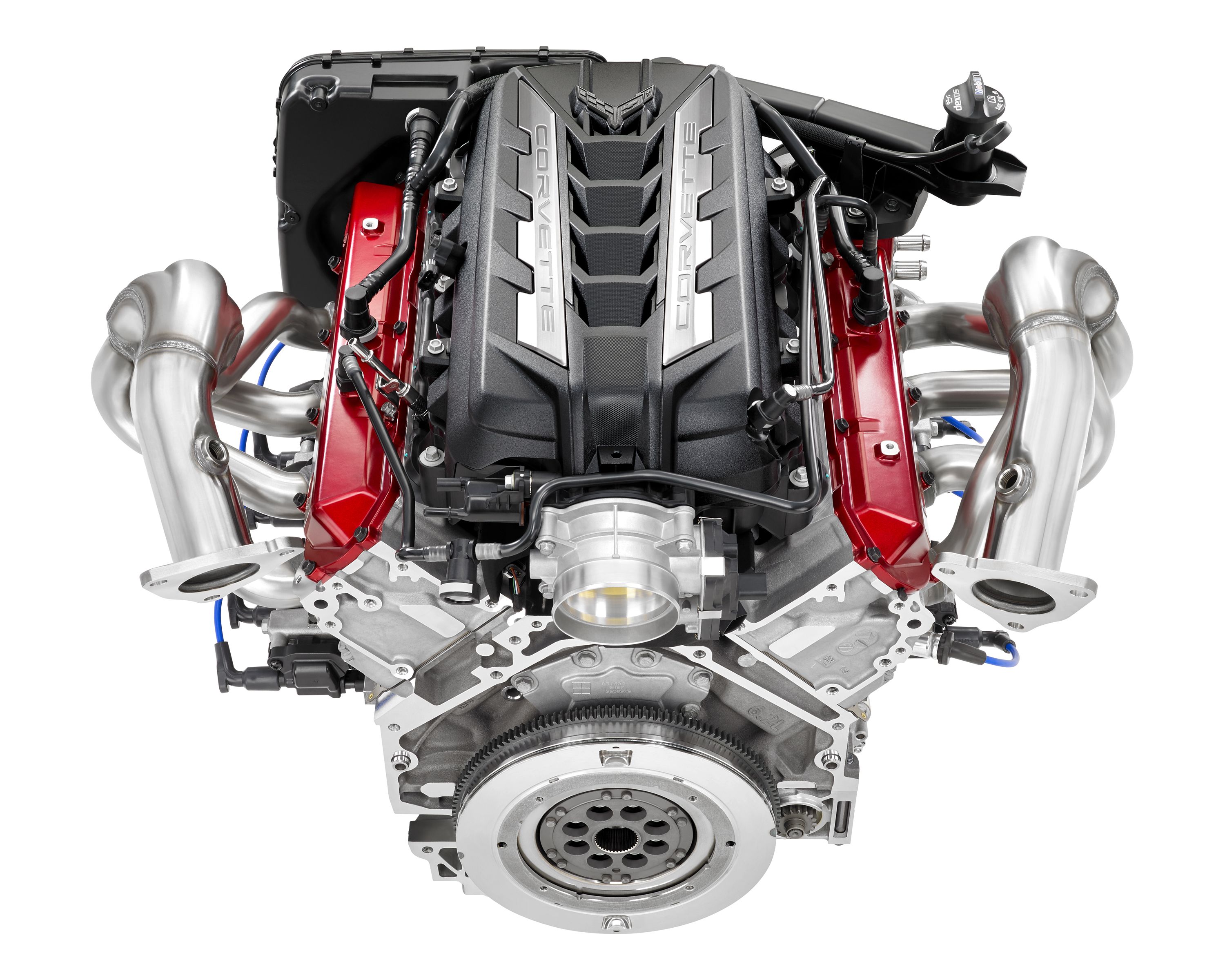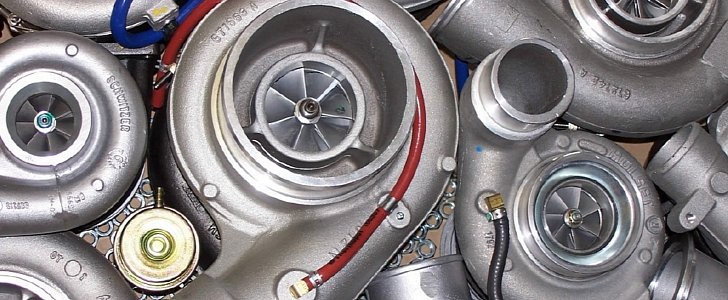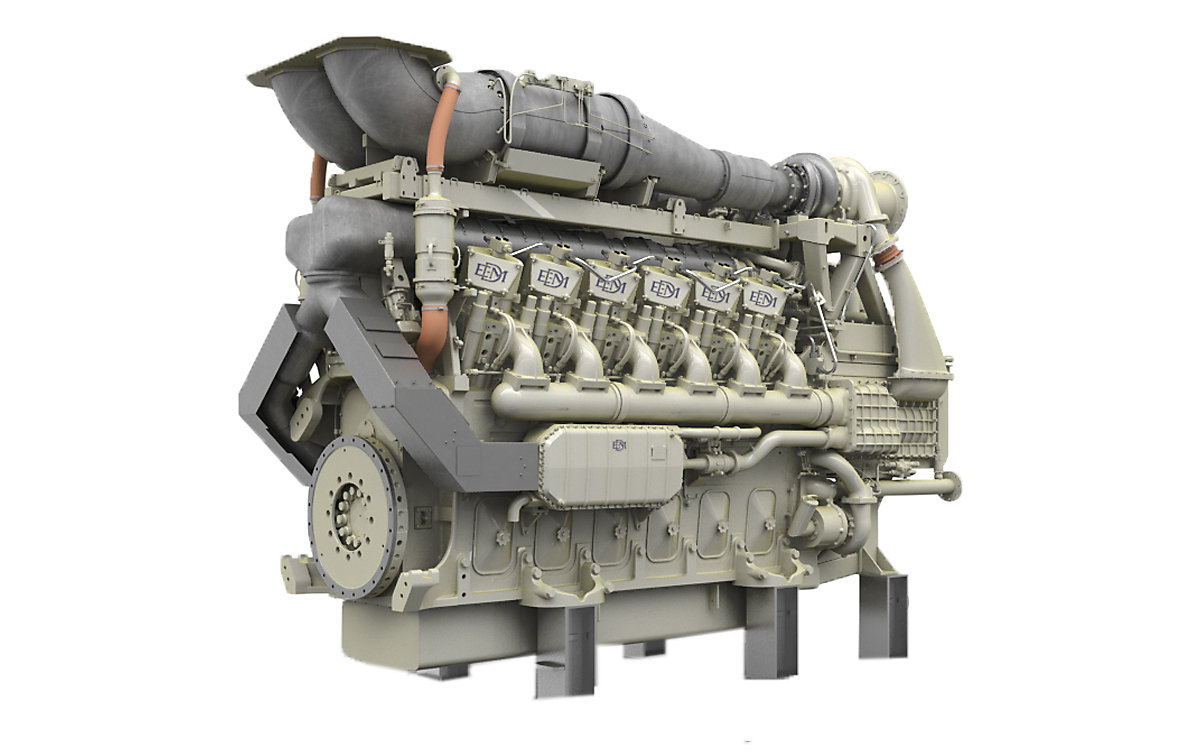The Most Effective Offers on Engines For Africa's Reliable Products
The Most Effective Offers on Engines For Africa's Reliable Products
Blog Article
Discover a Wide Variety of Engines for every single Vehicle and Purpose
The automotive landscape is progressively complicated, with a diverse range of engine types developed to satisfy certain performance and effectiveness requirements across various lorry classifications. From the high-performance engines that power cars to the fuel-efficient options tailored for day-to-day travelling, the options are substantial and varied. Furthermore, durable engines serve the demands of work cars, while environmentally friendly options are acquiring traction in the search of lasting transportation. Understanding these distinctions is crucial for making educated choices, especially as emerging modern technologies remain to shape the future of automobile design. What effects might these improvements hold for consumers and manufacturers alike?
Kinds of Automotive Engines
Automotive engines can be categorized right into a number of distinctive types, each developed to satisfy specific efficiency and efficiency demands. The most typical groups consist of inner combustion engines, electrical engines, and hybrid systems.

Electric engines, on the various other hand, operate on electrical power stored in batteries, giving instant torque and absolutely no emissions. These engines are coming to be progressively preferred due to improvements in battery technology and the expanding emphasis on sustainability.
Hybrid systems incorporate both internal combustion and electrical engines, enabling automobiles to maximize fuel effectiveness and reduce discharges by flawlessly changing between power resources. Each engine type presents its drawbacks and benefits, affecting aspects such as lorry layout, intended use, and market need. Recognizing these differences is critical for customers and makers alike when picking the appropriate engine for their particular requirements.
Performance Engines for Sports Cars
Performance engines for cars are particularly crafted to provide improved power, speed, and agility, setting them apart from basic automobile engines. These engines typically utilize advanced technologies such as turbocharging, turbo charging, and variable shutoff timing to take full advantage of effectiveness and responsiveness.
Usually, performance engines are designed with greater compression proportions, which enable greater power removal from fuel. This results in impressive horsepower and torque numbers, making it possible for fast acceleration and greater full throttle. The light-weight materials made use of in these engines, such as aluminum and carbon fiber, add to minimized overall lorry weight, improving handling and maneuverability.
Engine arrangements like V6, V8, and even hybrid systems prevail in efficiency sports cars, each offering one-of-a-kind benefits in regards to power shipment and driving characteristics. The tuning of these engines is additionally important; many makers optimize the engine monitoring systems to offer an exhilarating driving experience, often consisting of sport modes that readjust throttle reaction and equipment changes.
Effective Engines for Daily Commuters
In the world of everyday travelling, efficient engines play a critical function in enhancing gas economic situation and minimizing exhausts while providing trustworthy performance. As metropolitan populaces grow and ecological concerns increase, the demand for automobiles equipped with reliable powertrains has surged.
Modern engines designed for everyday travelers often integrate innovations such as turbocharging, straight gas shot, and crossbreed systems. Turbocharging enhances engine effectiveness forcibly even more air right into the combustion chamber, permitting smaller sized, lighter engines that do not jeopardize power output. Direct fuel shot enhances fuel atomization, resulting in much better burning and raised performance.
Crossbreed engines, combining internal combustion with electric power, further augment gas economy, particularly in stop-and-go web traffic, where conventional engines can experience ineffectiveness. Electric electric motors help during acceleration and can operate independently at low rates, decreasing overall fuel intake.
In addition, advancements in engine management systems and light-weight products add substantially to effective engine style. By concentrating on efficiency, redirected here longevity, and ecological sustainability, makers remain to deliver engines that not just fulfill the demands of daily travelling yet likewise align with global initiatives to minimize carbon footprints.
Heavy-Duty Engines for Job Vehicles
Sturdy engines for job cars are routinely crafted to provide extraordinary torque and dependability under requiring conditions. These engines are made to do in atmospheres where traditional engines might falter, such as building and construction websites, logging operations, and farming settings. The main focus of sturdy engines is their capability to generate high degrees of power while maintaining toughness over prolonged durations of operation.
Commonly, durable engines make use of sophisticated products and robust building and construction techniques to hold up against the rigors of hefty workloads. Functions such as enhanced cylinder blocks, boosted cooling systems, and progressed gas injection innovations add to their efficiency. These engines usually operate at reduced RPMs, which helps to enhance gas efficiency while supplying the necessary power for hauling and carrying.
In enhancement to mechanical robustness, durable engines are usually geared up with advanced digital control units (ECUs) that manage performance, discharges, and diagnostics. This combination enables much better tracking and maintenance, making sure that work automobiles stay functional and effective.
Eventually, heavy-duty engines are a vital part in the productivity of different markets, offering my website the essential power and dependability to take on the toughest of tasks.
Eco-Friendly Engine Options
The expanding focus on sustainability has actually caused the growth of environment-friendly engine choices that prioritize decreased emissions and improved gas effectiveness. These engines are developed to decrease the ecological influence of lorries while still supplying the efficiency and reliability expected by customers.
Amongst the most remarkable environmentally friendly choices are hybrid and electric engines. Hybrid engines incorporate conventional inner combustion engines with electrical propulsion, permitting for lowered gas intake and lower greenhouse gas discharges. Electric engines, on the other hand, run completely on battery power, creating absolutely no tailpipe exhausts and adding to cleaner air quality.
Another appealing growth is the improvement of biofuel engines, which use renewable resources, such as plant products, to power automobiles (Engines For Africa). By utilizing biofuels, these engines can reduce dependency on nonrenewable fuel sources and reduced overall carbon impacts

As the vehicle market evolves, environmentally friendly engine options will certainly play a critical role in driving the change towards even more lasting transportation services.
Conclusion
From high-performance engines that improve sporting activities car capacities to reliable designs prioritizing gas economy for everyday commuters, each type serves a particular function. Heavy-duty engines provide to durable job automobiles, while eco-friendly choices, such as electrical and biofuel engines, promote sustainable transportation.

Report this page